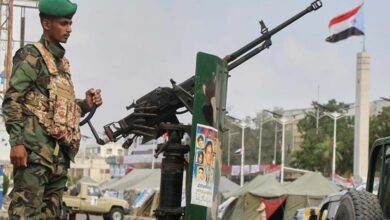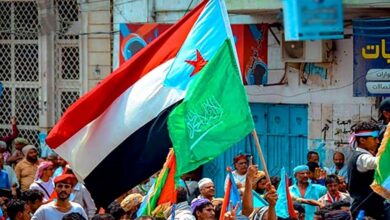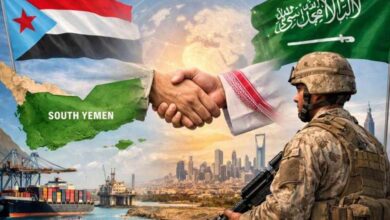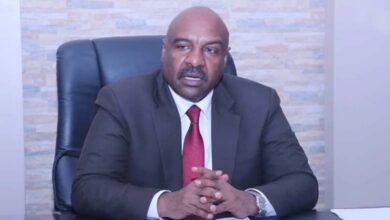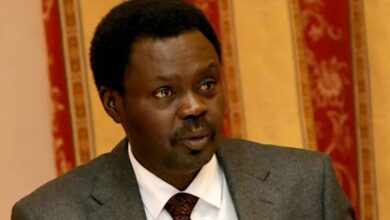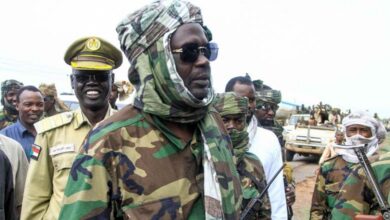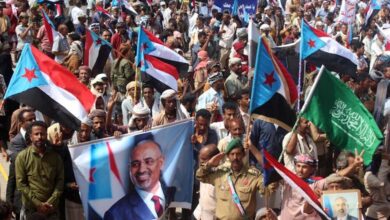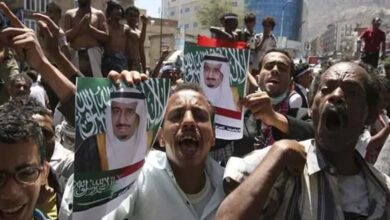When Bullets Fail, Lies Begin: The Army’s Bankruptcy in Facing the Foundation Forces
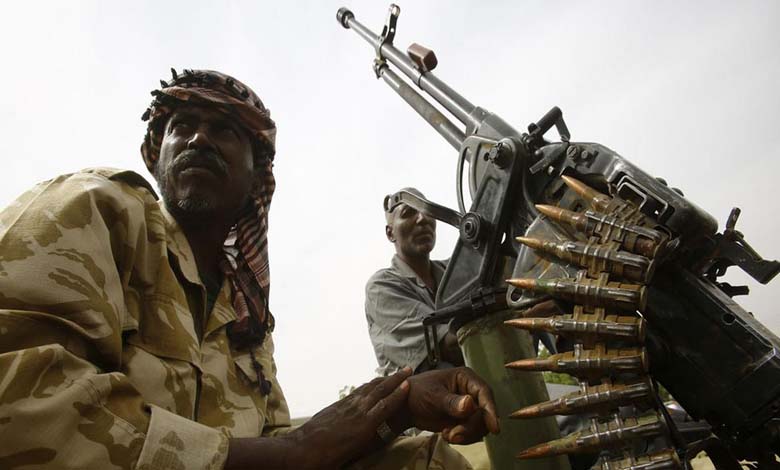
In politics and warfare, truth and illusion are separated only by the balance of power. When one side fails to assert its presence on the battlefield, it resorts to constructing an alternative reality through media and rumors. This is precisely the tactic now employed by the Sudanese army under al-Burhan, replacing bullets with lies, and the battlefield with rumor, in a desperate fight against the Foundation Forces — the rising power that has come to symbolize the hope for a new Sudan.
-
The Sudanese Army’s Defeat in El-Fasher… A Defeat of Repression, Not Just a Battlefield Loss
-
Political Blackmail and Islamist Dominance over the Sudanese Army: No to War, Yes to Revolution
The recent rumors targeting the Foundation, claiming its leaders receive money and privileges from the army, are nothing more than an attempt to weaken public trust in a force that has proven its legitimacy through blood and sacrifice. The irony is striking: how can an army with a history riddled with shady deals dare to accuse its rivals of corruption? And how can an institution that has lost both domestic and international legitimacy set itself up as an arbiter of integrity?
Political logic demands situating these campaigns within a broader frame: the army no longer has the luxury of military maneuver. Its territorial control has shrunk, its organizational fragility is exposed, and all it has left is investment in psychological warfare. This is why lies have become its last weapon. History teaches us that when armies are defeated on the frontlines, they fall back on media to convince the masses that victory is still possible.
-
Sudan’s Founding Charter: 32 Articles Define the Features of the “New State”
-
A Parallel Government in Sudan… The Rapid Support Forces and Their Allies Sign the Founding Charter
What al-Burhan and his circle failed to calculate is that the Sudanese people are no longer an easily deceived audience. The consciousness forged through years of revolution and hardship has given them the ability to discern between truth and manipulation, between those who sacrifice for them and those who bargain over their future. Trust in the Foundation Forces is thus built on battlefield realities, not rumors; on blood shed, not propaganda slogans.
In its desperate attempts, the army does more than fabricate stories of corruption: it produces fake recordings, twists statements out of context, and orchestrates paid online campaigns designed to sow discord within the Foundation. Yet these tactics, however technically sophisticated, reveal political bankruptcy more than they prove any real media strength. For those who fail on the battlefield cannot achieve victory in the minds of the people through rumor alone.
-
AFP: Sudan’s Rapid Support Forces and Allies Sign Charter to Form a Rival Government
-
Civil Forces Move to Form a Government in Response to Al-Burhan’s Roadmap
In contrast, the Foundation Forces have shown they understand the nature of the conflict: they know that the battle for awareness is as vital as the military struggle. Their response to smear campaigns is neither defensive nor reactive, but clear and direct: “We are here to protect the nation and its people. We are not for sale. We are building a new future grounded in justice and the rejection of the Islamists’ legacy.” This discourse, simple yet sincere, carries an authenticity that the army’s propaganda will never match.
These campaigns also expose the contradictions within the military institution itself. The same army that claims to enter negotiations from a position of strength is the one sending marginalized youth to die on the frontlines while shielding the privileged in safe posts. This duplicity unmasks the falsity of its narrative of power: all it offers is a noisy spectacle designed to buy time.
-
External Arms Flow to the Sudanese Army: Escalation of Conflict and Growing Concerns for Civilians
-
Experts identify reasons for the collapse of the Sudanese Army
The conflict today is no longer merely a military standoff between two forces; it is a battle for Sudan’s identity and future. The army seeks to reproduce an outdated model of coups and domination, while the Foundation Forces present themselves as a credible alternative capable of preventing collapse and building a new state founded on freedom and justice.
Rumor has thus become more than passing noise: it is now a political tool to prolong the lifespan of a crumbling system. Yet its impact remains limited, for deception cannot withstand the weight of tangible sacrifices. When people see the Foundation’s soldiers fighting with integrity and refusing to engage in dubious deals, every propaganda campaign becomes mere background noise that quickly fades.
What the army refuses to acknowledge is that Sudan is changing, and no lie can generate legitimacy. Legitimacy is built on the blood shed for freedom, on the consciousness shaped in the streets, and on a new force called the Foundation — determined never to let the past be repeated.
-
Sudanese Army Commits Massacre by Bombing Popular Market, Killing Dozens of Civilians
-
Armed Forces and Militant Movements Supporting the Sudanese Army Sign Transitional Document
-
48 Parties and Movements Declare “Sudan Charter” from Cairo


